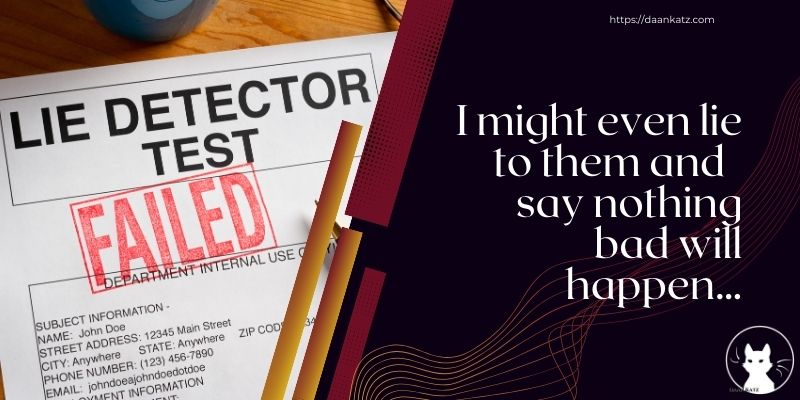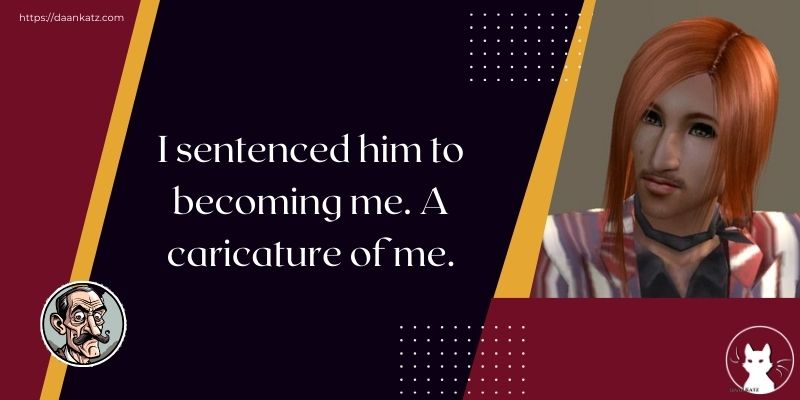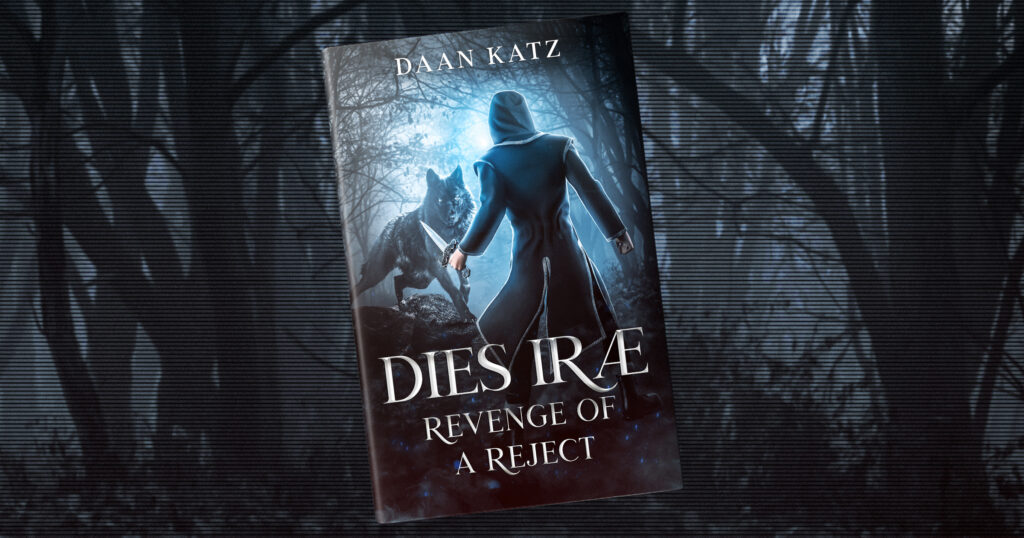Naming Fictional Characters can give many new and aspiring authors nightmares. Not surprisingly, a question that often comes up in the reading and writing community is, “How do you name your characters?”
However, naming your fictional characters doesn’t have to be hard. In fact, to some authors, it’s just about the easiest part of writing a novel. I think I fall somewhere in between—as I suspect most authors do.
Table of Contents
Every author has their own process of naming their characters. Some hop on google and search for words with a certain meaning in a certain language, which they then adapt into names. Some use baby names books, but a surprisingly large number of authors use one or more of the methods that work best for me, too.
Fictional Characters Naming Themselves
I know this may sound silly to non-writers, but it’s true. Our characters are alive in our heads, and will often simply tell us their names. And if they don’t? Well, one of my author friends told me he gives them a code name for the time being, and eventually, they’ll tell him their true names. Isn’t that just genius?
This, characters naming themselves, is how most of my characters get their names. But, whereas the above mentioned friend creates a 3-4 page character profile for his characters, where he includes their looks, their lineage, and whatnot, my characters usually come to me fully formed. That’s not to say I already know them really well, but I truly meet them, the same way I meet new people in real life. Often, the first thing they tell me about themselves is their name.
Sometimes, they arrive at just the right moment: exactly when I need them in my story. Like this wonderful guy Kres, in my upcoming novella “Dies Iræ: Revenge of a Reject”. He just came walking up to my protagonist and his companions, and almost immediately introduced himself. I love it when that happens. These characters often become some of my personal favourites. They have a special charm around them that makes them irresistible.

Then there are those characters who are impatient, or afraid to arrive late and miss out on the fun altogether, and show up early. These are often fidgety people who can’t stop their gazes from darting around the place. I usually try to ignore them, but sometimes they get on my nerves so badly, I have no choice but to offer them a chair in the waiting room, and maybe a drink to calm them down a bit. I might even lie to them and tell them they’re going to have a great time and nothing bad will happen…
Special treatment for a special character
Some characters, however, don’t want to play by the rules. One of them was this obnoxious little guy who flat-out refused to tell me his name. But that wasn’t the worst of it. The really bad thing was that he just didn’t come to life. He’d shown up all by himself, so what was his problem? Why was he hiding from me? I tried charming him but, although he was gay, that didn’t work. I ignored him. He didn’t budge. I made my main character dislike hate him. He couldn’t care less.
In the end I got so fed up with him, I sentenced him to becoming me. A caricature of me, to be more precise. Gone were his beautiful red locks, his moss-green eyes, and athletic figure. Now, he was a skinny, rat-faced man with unremarkable brown hair, sea-green eyes, and a limp. And, to add insult to injury, I assured him he would have to make an appearance in each of my novels, and he’d be disliked by pretty much all of my other characters.

That worked. Whether it was the name I’d given him—a play on my own name—or the sum of all these other things, I don’t really know, but… He finally gave me his first name. He even managed to sound affronted.
Mission accomplished.
Playing with Words and Names
While the first method usually works for me, this isn’t always the case. But thankfully, I’ve got another trick up my sleeve: I play with random words and names. This is such a fun, creative, and versatile way to come up with names for your characters—and the best thing is, you don’t need anything fancy. A pen and piece of paper will suffice. Or your smartphone.

This is how it works: You pick a random word or name. The longer the word, the better. So, say you are at the dentist’s waiting for your turn to enter the chamber of horrors. Getting nervous already? Distract yourself with this game. Here’s your word: endodontic. The rules are simple: Make up as many names as possible using just the letters of this word.
Examples
Want to see what I came up with? Here you go: Oddo. Dodi, Ned, Neti, Noni, Codi, Odine, Cinn, Cin, Cenn, Cono, Donco, Tondo, Donti, Dondei, Deinn, Tico, Dido, Denn,… I could go on for a while, but I’m sure you get the idea. And get this: “endodontic” really isn’t the best word to use for this game, as it’s only got 3 vowels, and 4 consonants. That’s not much to work with.
Think of what you can do with a better word. A word like “conversational”. That gives us 4 vowels and no fewer than 7 consonants. Think of all the combinations you could make with those letters!
Versa, Consi, Sinal, Reva, Reval, Lanit, Sati, Istal, Terco, Na’al, Asre, Alsi, Virsann, Visanne, Anit, Alvero, Tarson, and many, many more.
As you see from the examples above, most of these names will work best in a fantasy or science fiction setting, but there’s no rule saying you can’t use them in other genres.
Play this game as often as you want to gradually build your own character names database. It might well become one of your most valuable tools.
Name Generators: A Creative Aid
When all else fails, there is absolutely nothing wrong with using an online name generator. There are tons of them out there by now, and these things exist for a reason. If you have trouble coming up with character names, you are certainly not alone. Don’t hesitate to use these handy tools if you feel the need to do so.
Frankly, you don’t even have to use them as a last resort. If you want to use a name generator because you simply like the ease and versatility of them, that alone is reason enough. Your readers won’t care how you come up with your names, as long as they are genre-appropriate and at least more or less pronounceable.
How I use name generators
Personally, I really like Fantasy Name Generators, because of the tremendous choice they offer. They have many subcategories in fantasy & folklore, real names, place & locations, other names, pop culture, description generators, and other generators. But be warned: it’s easy to lose yourself in hours of just playing around there.
When I visit that site, I typically set myself a very specific goal, e.g. “I need a name for my 50-year old warrior (male) whose culture is similar to the Serbian culture.” I then go to their Serbian name generator, and choose male names. Let’s say I found two names I liked for my character: Mirko Andrić, and Vidak Borisov. What I like to do next, is make these names my own. I play around with them and merge them into one name. Andak Mirisov.
Is this extra step necessary? Of course not. It’s just something I like to do, because I love playing with words and sounds. It makes me happy. (And now I want to write this Andak Mirisov into one of my stories. I can already feel him working his way into my mind…)
A Word of Caution
We’ve all done it at one point or another: using too similar names. Sometimes even on purpose, because wouldn’t it be so much fun to have twins called Mira and Kyra?
Well, no. Not really. It may be fun for you, but it won’t be any fun for the reader. They will get confused and frustrated because it’s just too hard to tell your characters apart.
Therefore, it’s vitally important to ensure your characters don’t have too similar names. These are the two main things to watch out for:
- Do your names start with the same/same sounding letter?
- Do they look/sound similar?
If you answered yes to either of these questions, you may be in trouble. Time to examine those names closer.
When I got my upcoming novella, “Dies Iræ: Revenge of a Reject” back from my editor, she mentioned that “Lar” and “Lori” were too similar and she suggested I’d change one of them. Unfortunately, since both are already existing characters in previous works, I am unable to change either name, so I’ll have to live with that and hope for the best.

My editor also advised me that “Kestril” and “Kres” were too similar, and I’d be wise to change one of these names. Since both are new characters in this book, that was something I could do. Kres remains Kres, because the name just fits him. But Kestril… I can easily give him another name. Problem solved.
But, as you see here, sometimes having two (or even more) characters with similar names cannot be avoided. And the larger your cast, the harder it gets. So if you ever wondered about the similar sounding names in e.g. Sanderson’s or GRRM’s books… This is why.


